These are markets that have taken place on the last days of the lunar year in many rural areas of Vietnam for hundreds of years and have become a part of the "Tet culture" of Vietnamese people.
Countryside markets usually only open one session a day: mai market (morning market) or hom market (afternoon market), but during Tet, due to the high demand for buying and selling, Tet markets in the countryside often take place all day.
 Unlike the usual markets, the goods in the Tet market are not only homegrown products grown, harvested and brought to the market by the villagers to buy, sell and exchange. The Tet market also has products from neighboring craft villages or items produced mostly in urban areas such as: wine, tea, jams, cakes, offerings... The Tet market also has goods that only appear once a year such as: Tet paintings, parallel sentences, Han-Nom characters handwritten or printed on red paper, votive offerings, items to display and decorate the house. Especially, there are many flowers and fruits typical of spring such as apricot, peach, kumquat...
Unlike the usual markets, the goods in the Tet market are not only homegrown products grown, harvested and brought to the market by the villagers to buy, sell and exchange. The Tet market also has products from neighboring craft villages or items produced mostly in urban areas such as: wine, tea, jams, cakes, offerings... The Tet market also has goods that only appear once a year such as: Tet paintings, parallel sentences, Han-Nom characters handwritten or printed on red paper, votive offerings, items to display and decorate the house. Especially, there are many flowers and fruits typical of spring such as apricot, peach, kumquat... 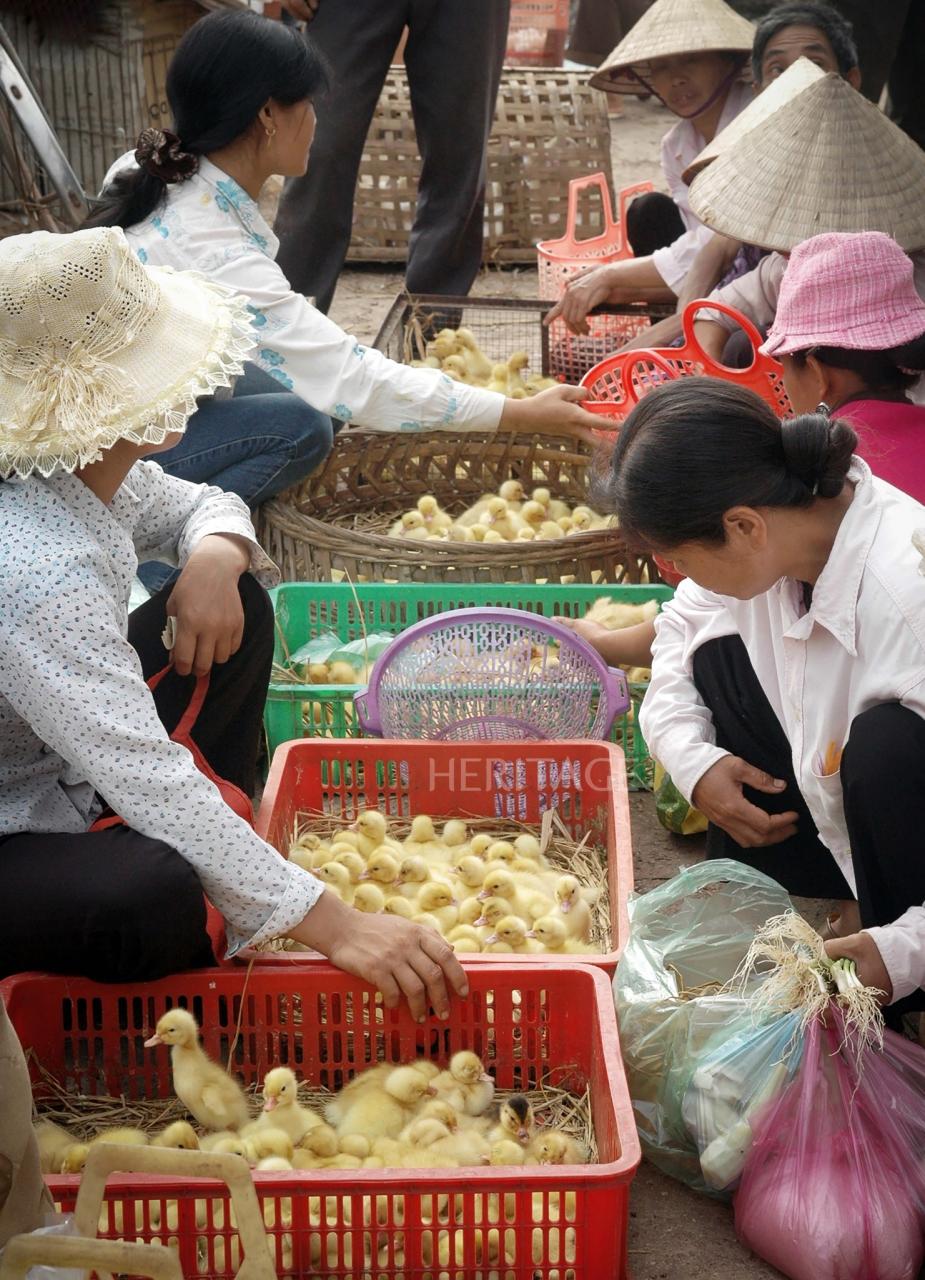 People go to the Tet market not only to do wholesale and shopping, but also to sightsee, to play, to immerse themselves in the vibrant, bustling atmosphere of "welcoming Spring, welcoming Tet" after a year of hard work. Therefore, in the Tet market, there are not only adults taking care of buying and selling, but also children following their parents to see people, see the scenery, to see the gifts they have always wished for: new clothes to wear for Tet, cute and funny toys displayed on the stalls in front of the market gate, delicious cakes and snacks that have been imprinted in the minds of children, and to enjoy the Tet atmosphere that is very close to the peaceful countryside.
People go to the Tet market not only to do wholesale and shopping, but also to sightsee, to play, to immerse themselves in the vibrant, bustling atmosphere of "welcoming Spring, welcoming Tet" after a year of hard work. Therefore, in the Tet market, there are not only adults taking care of buying and selling, but also children following their parents to see people, see the scenery, to see the gifts they have always wished for: new clothes to wear for Tet, cute and funny toys displayed on the stalls in front of the market gate, delicious cakes and snacks that have been imprinted in the minds of children, and to enjoy the Tet atmosphere that is very close to the peaceful countryside. 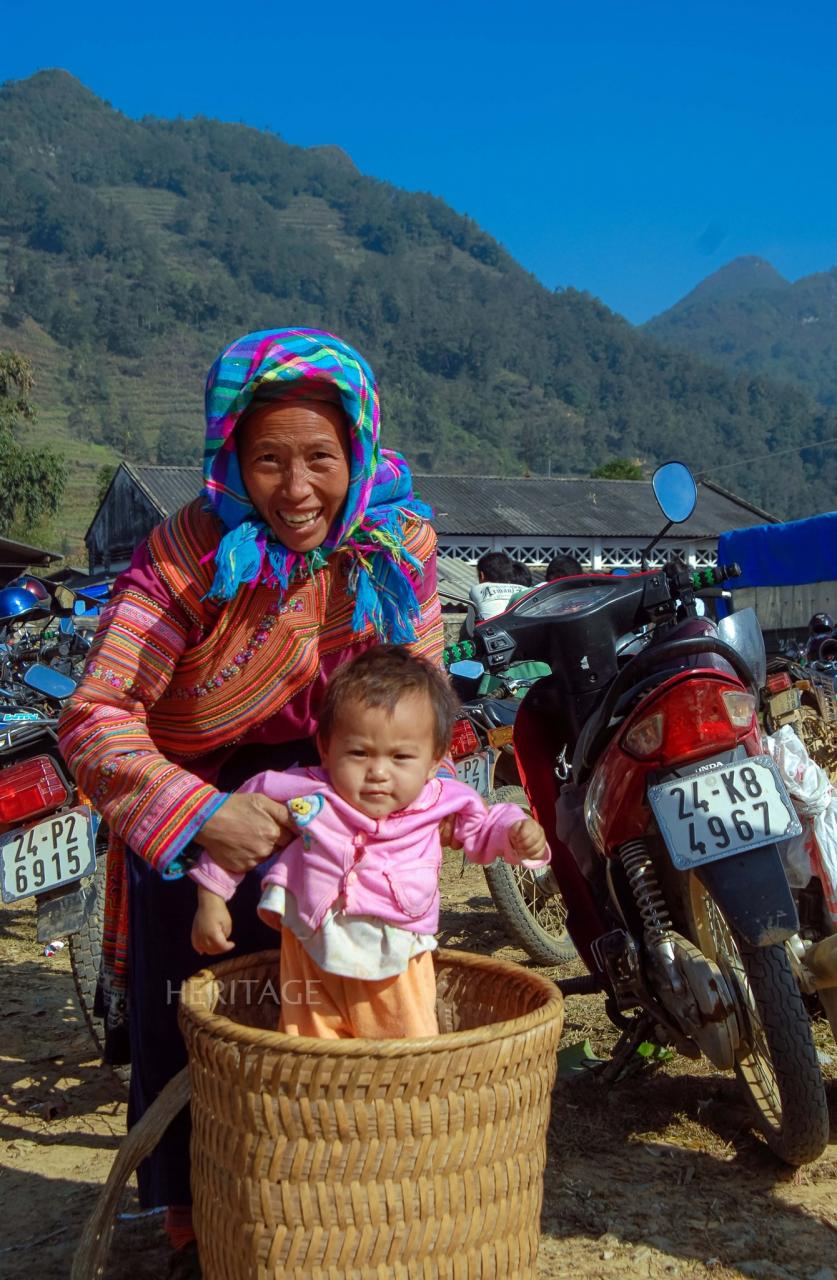 The Tet market in the countryside also welcomes the elderly, who go to the market not for the purpose of buying and selling, but to meet and chat with fellow countrymen, fellow age people… who are looking for “a bygone era” that is still imprinted in the market sessions, to share the joys and sorrows of the past year.
The Tet market in the countryside also welcomes the elderly, who go to the market not for the purpose of buying and selling, but to meet and chat with fellow countrymen, fellow age people… who are looking for “a bygone era” that is still imprinted in the market sessions, to share the joys and sorrows of the past year. 
For generations, the Tet market in the countryside has not only been a normal economic activity but also a cultural activity, an invisible thread connecting the village and neighborhood, a special space and time for people to feel the harmony of heaven and earth, of all things before spring.

For that reason, the image of the rural Tet market has appeared in many poetic works, including the poem Tet Market by Doan Van Cu printed in the collection Vietnamese Poets (by Hoai Thanh - Hoai Chan, Hoa Tien Publishing House, 1967). This is like a spring picture painted with verses:


The white clouds gradually turned red on the mountain top.
Pink and blue mist embraces the thatched roof
On the white-edged road on the green hillside
People from hamlets are bustling to go to the Tet market.
…
The boys in red shirts ran around
Some old people walk with canes
She wore a red blouse and smiled silently.
The baby nestled his head in his mother's bib
Two villagers carried pigs and ran ahead.
The funny yellow cow chased after
…
A teacher bent over on the bed,
Hand grinding inkstone, scribbling spring poems
The old scholar stopped and stroked his beard.
Mouth reciting a few lines of red couplets
The old lady selling goods next to the ancient temple
Water and time to wash hair white
The flower boy with a brown scarf on his head
Sitting and stacking the pile of gold on the mat
…
Nowadays, although life is taking place in a somewhat hurried, modern way with many constant changes, causing many old features to be lost, the Tet markets in the countryside still exist. Even though those markets are no longer intact like the Tet Market of poet Doan Van Cu, they are still full of cultural and humanistic values, like slow-motion films preserving for contemporary Vietnamese people the beauty of the old Tet in the countryside.



![[Photo] General Secretary To Lam, Secretary of the Central Military Commission attends the 12th Party Congress of the Army](https://vphoto.vietnam.vn/thumb/1200x675/vietnam/resource/IMAGE/2025/9/30/9b63aaa37ddb472ead84e3870a8ae825)

![[Photo] General Secretary To Lam receives US Ambassador to Vietnam Marc Knapper](https://vphoto.vietnam.vn/thumb/1200x675/vietnam/resource/IMAGE/2025/9/29/c8fd0761aa184da7814aee57d87c49b3)
![[Photo] Many streets in Hanoi were flooded due to the effects of storm Bualoi](https://vphoto.vietnam.vn/thumb/1200x675/vietnam/resource/IMAGE/2025/9/29/18b658aa0fa2495c927ade4bbe0096df)
![[Photo] General Secretary To Lam attends the ceremony to celebrate the 80th anniversary of the post and telecommunications sector and the 66th anniversary of the science and technology sector.](https://vphoto.vietnam.vn/thumb/1200x675/vietnam/resource/IMAGE/2025/9/29/8e86b39b8fe44121a2b14a031f4cef46)
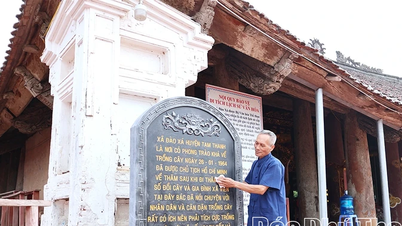



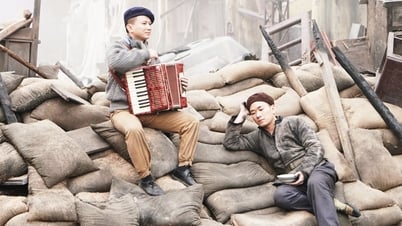



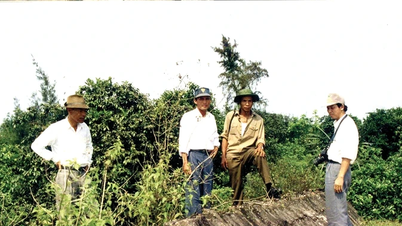



















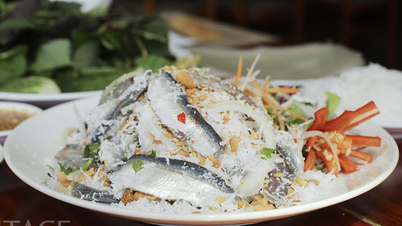

![[Photo] National Assembly Chairman Tran Thanh Man chairs the 8th Conference of full-time National Assembly deputies](https://vphoto.vietnam.vn/thumb/1200x675/vietnam/resource/IMAGE/2025/9/29/2c21459bc38d44ffaacd679ab9a0477c)



































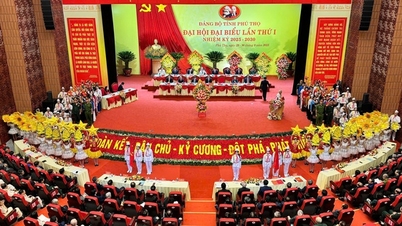





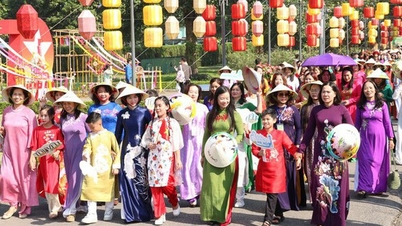






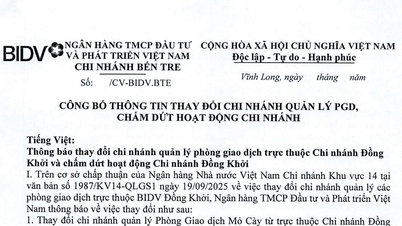

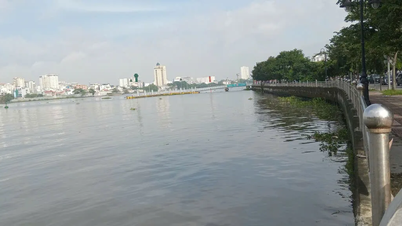


















Comment (0)